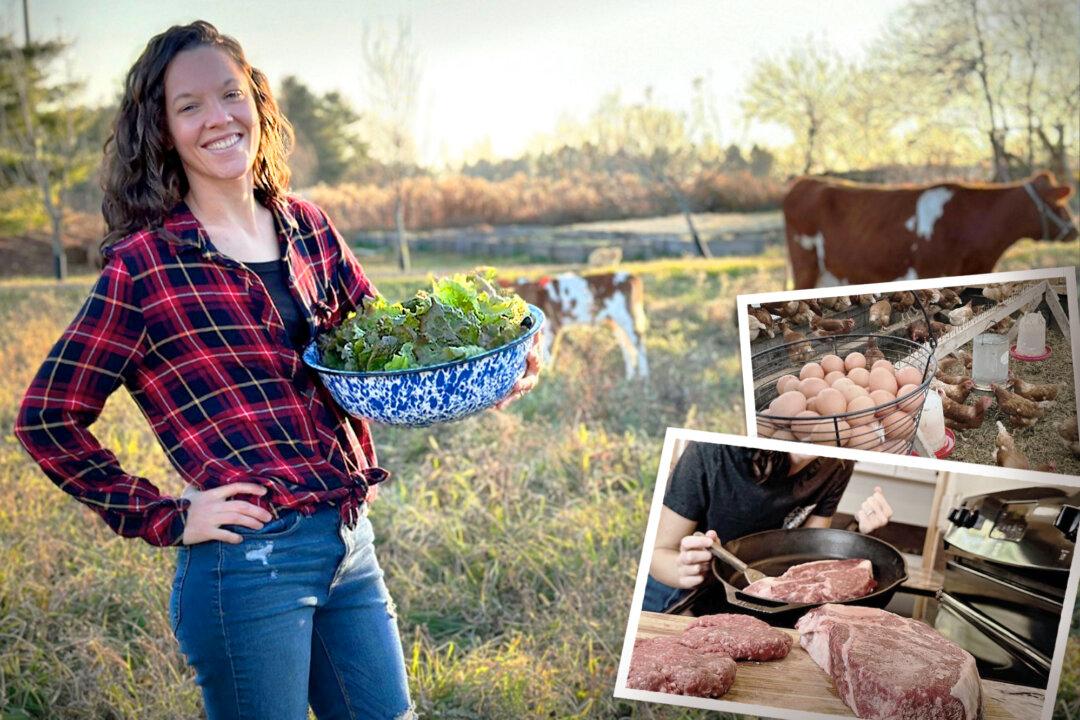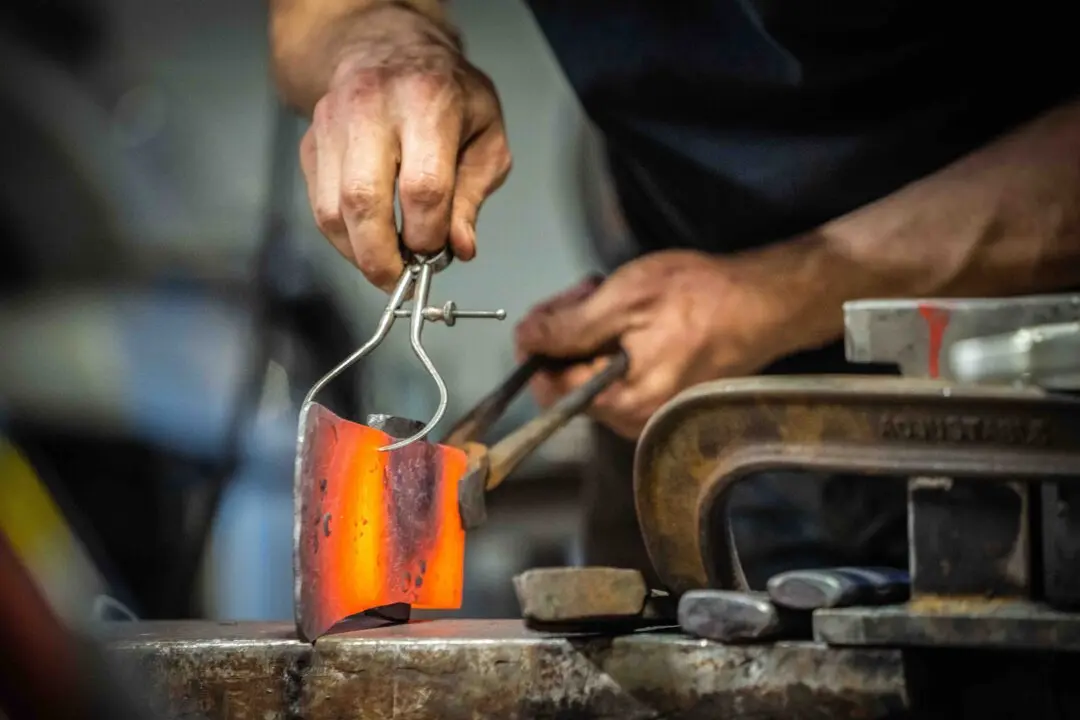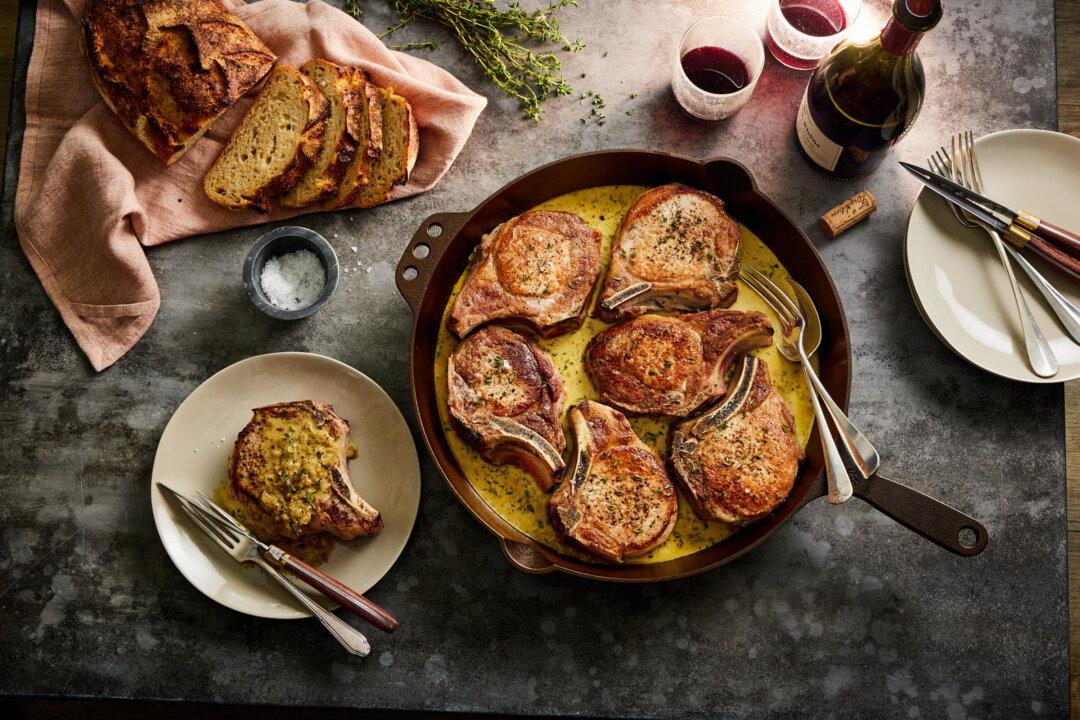They went from living in a cramped basement apartment to working to live on 5.6 acres. It wasn’t much land, but Ohio couple Codi and Michelle Knox proved—by growing their own healthy, organic food for themselves and their four children—you don’t need vast tracts of land to be self-sufficient.
He started out working in a woodshop in North Carolina, not caring much about leading a healthy life until his health deteriorated sharply. She grew up on a small farm, gardening therapeutically while she “stumbled” through her teenage years. Somehow, after they married, that combination led to their interest in becoming active homesteaders.







